Equitable Community Engagement
Strategies and processes that equitably involve impacted communities through approaches that eliminate barriers to engagement and empower participation.
Our Approach
Defining the Engagement Strategy
Envisioning engagement possibilities is essential to planning the community engagement process. By mapping community stakeholders, forming beneficial relationships, and planning to eliminate logistical barriers, community members can feel valued and empowered to be intentionally included in the creation and implementation of programs, services, policies and actions.
Building Community
The strategy guides how community relationships continue to be cultivated to conduct equitable outreach and engage in honest and deep dialogue about social injustices with those who may be most impacted by the decisions at the table.
Human Capabilities
Analytics Capabilities
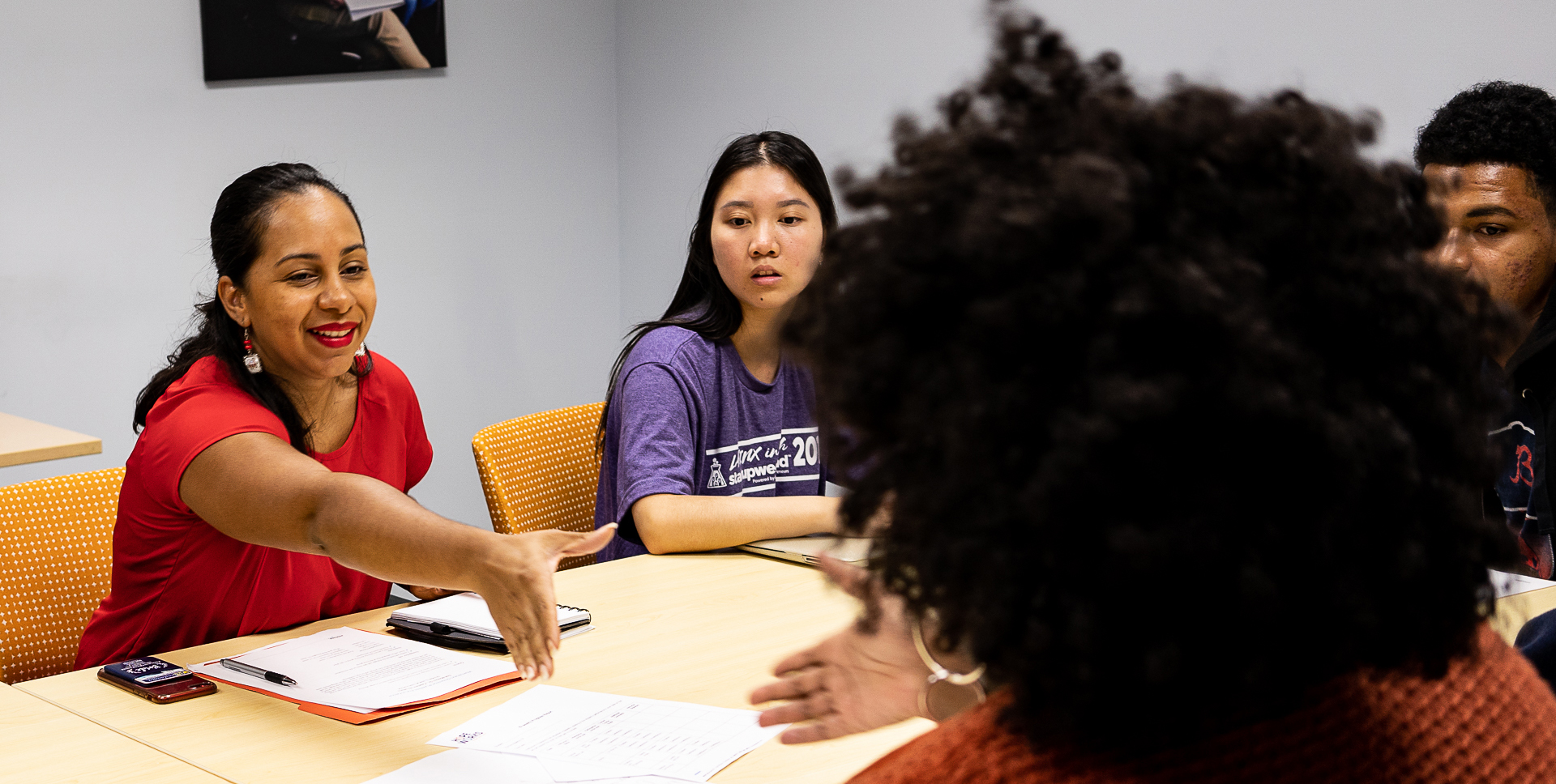
Safe space dialogue with lived experience experts
Sustaining and Renewing
Community expertise is utilized to establish infrastructure that supports long-term engagement with co-creation opportunities. Evaluation is key to working toward and achieving equitable engagement outcomes and strong and successful community partnerships.
Fullfilling a crucial role
When Strategy Arts approached the topic of focusing on community engagement in our Community Action Network initiative, we began to see how critical the voice of the community is in influencing our current and future projects.
– Kathrin Brellochs
Senior Director of Maternity Care Coalition
Stakeholder Research

Tailored stakeholder research that helps internal and external stakeholders provide the in depth perspectives that build organizational knowledge, inform strategic decision making, and guide product design.
Market and Competitor Analysis

Strategic messaging, branding, and communications planning to build long-term brand value and authentically communicate customer/consumer value.
Community Conversations
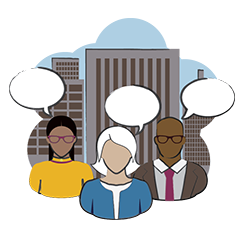
Guided, authentic conversations that create a space for organizations and their stakeholders from marginalized communities to overcome traditional barriers to equitable engagement.
Equity Audits and Training
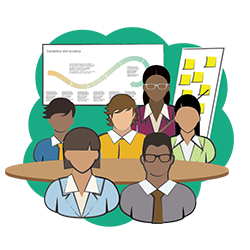
Evaluation of existing equity capabilities and training to improve organizational capabilities to equitably work with and serve stakeholders in historically marginalized communities
Systems Change Analysis
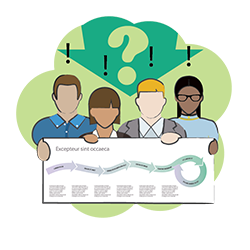
Map and define the complex system of a problem and then plot theories that can make meaningful changes in people's lives
Meeting and Convening Logistics
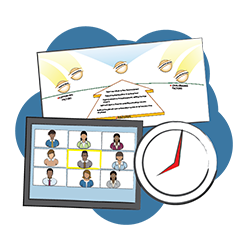
Meeting logistics that create safe meeting environments and provide participant supports to ensure participants are treated equitably and can focus on meeting discussions
Meeting Facilitation
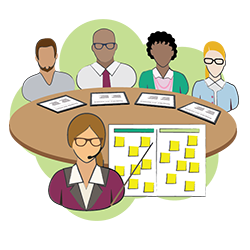
Comprehensive meeting planning, facilitating, and documentation focusing on meeting process, content and engaging participant experiences to ensure meeting goals are achieved.

